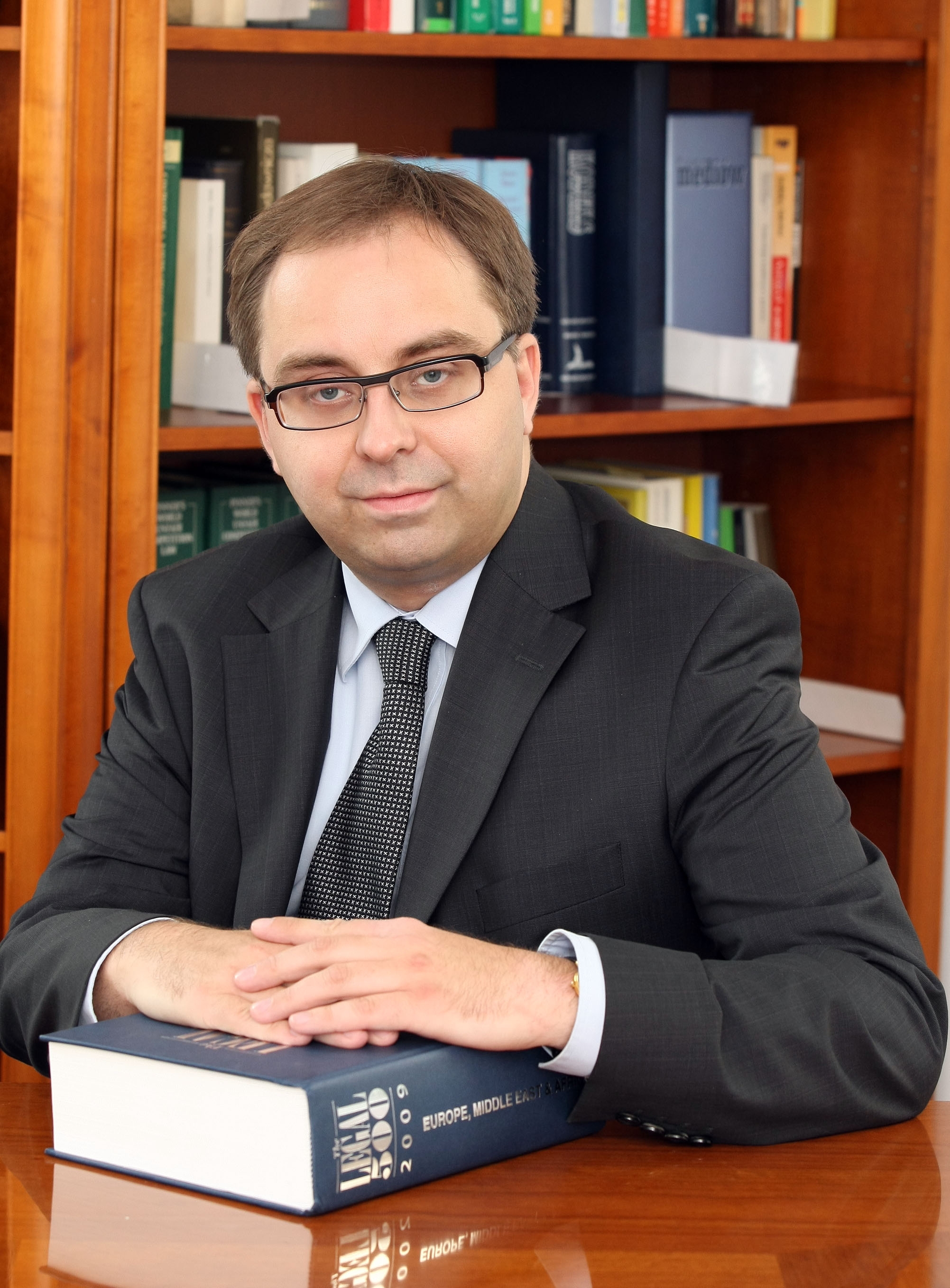Poland’s Challenge to the DSM Directive – and the Battle Rages On…
The Polish government has filed a complaint against the new DSM Directive, and more specifically against its art. 17. While it will be a long time until the CJ EU issues a decision, the complaint makes it likely that the battle for the rules on intermediary liability is not over; it has just been moved…

